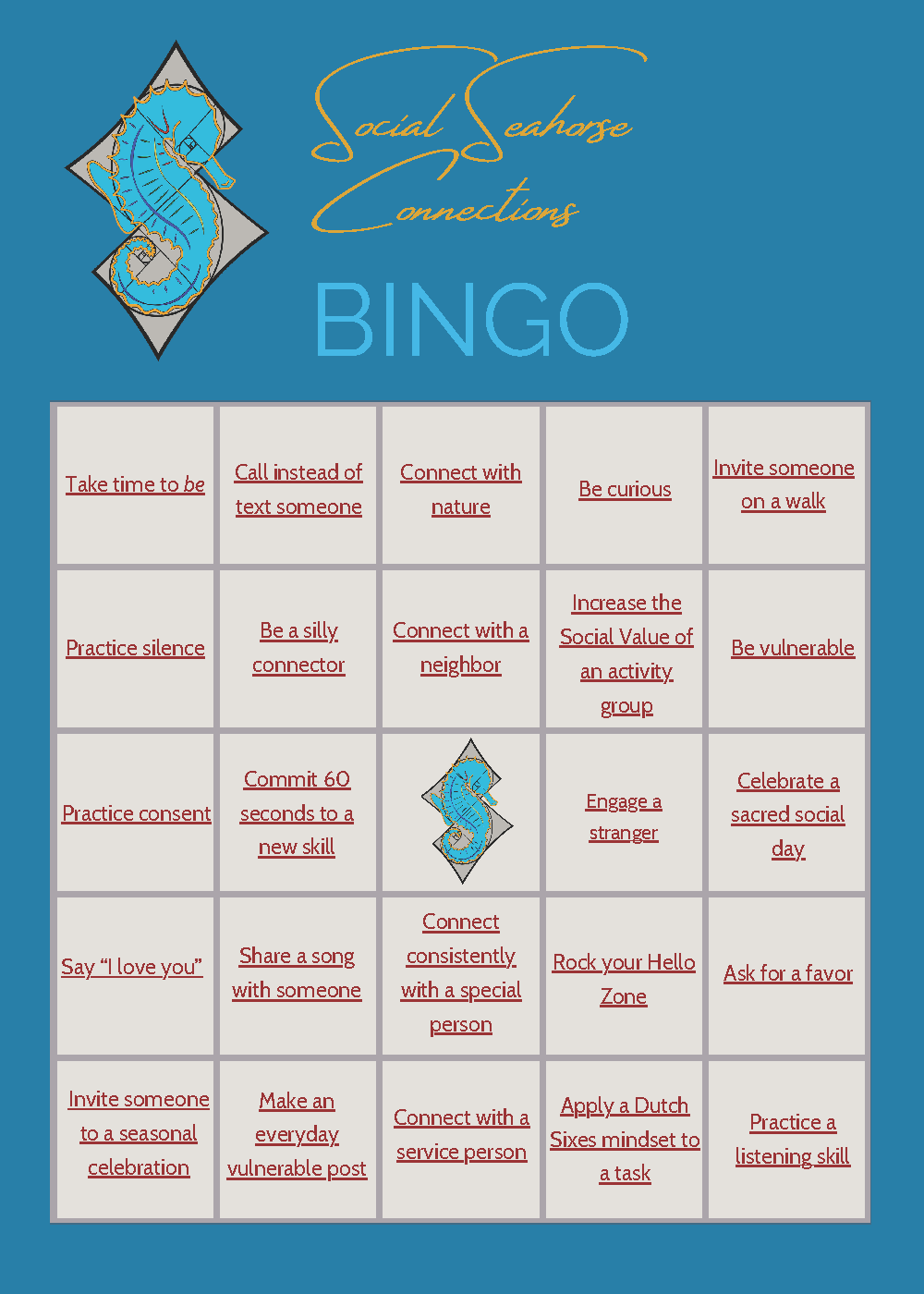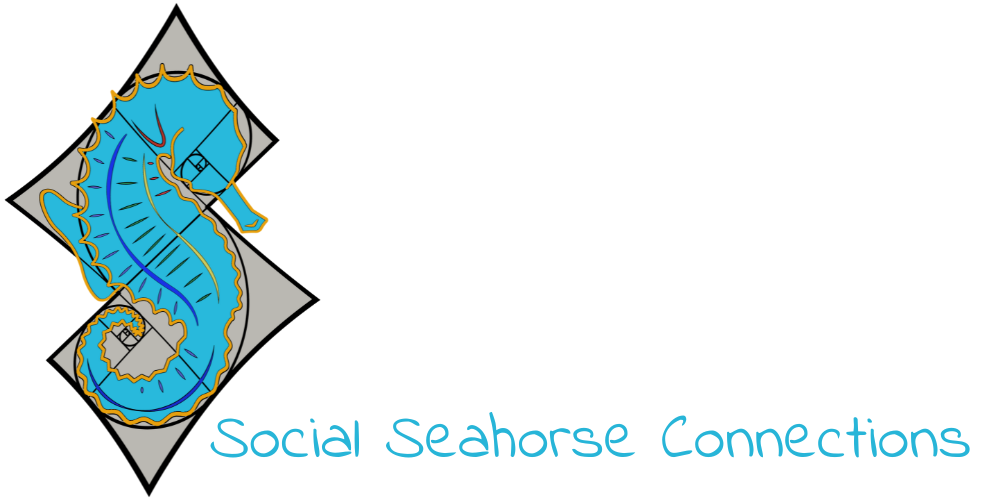
When you notice something you admire in public, bravely share the compliment with the person.
“Give more compliments” was the advice that showed up in my LinkedIn feed today. “Here’s one habit to boost your mood, deepen relationships, and make someone’s day,” Daniel Pink wrote in his post.
On the surface, it sounds like a nice idea. Then you're in a coffee shop, admiring a stranger's laptop sticker. Do you say something, or will you seem intrusive?
Gratitude has long been established as having a positive impact on mental health. We are encouraged to document what we are grateful for in Gratitude Journals. Even my little self-care pet Finch app friend gives me points for daily recording gratitude.
Putting voice to those things, particularly to a stranger, can feel awkward. Erica J. Boothby and Vanessa K. Bohns wondered why we so often keep appreciation to ourselves instead of sharing it, so they conducted a five-part study. They published “Why a Simple Act of Kindness Is Not as Simple as It Seems: Underestimating the Positive Impact of Our Compliments on Others” in 2021.
They found that even though both compliment-givers and receivers were in better moods following a compliment, people hesitate because they "misforecast the effect their compliment will have.” In other words, people think it will be more difficult and have little impact. One reason was anxiety and concern about one's own competence in delivering a good compliment. Participants also tended to underestimate the positive effect a compliment had on the receiver.
So, one way to decrease that anxiety is to know what makes a good compliment and then practice it.
I've been doing quite a bit of research on emotional intelligence, and it seems that even when we know a lot about what we could do, we find it difficult to act. We need to build these skills. Giving compliments is a great way to get into the habit of applying good emotional intelligence and mental health techniques.
In preparation to act on what we know, let’s do a quick overview of the components of a strong compliment.
Components of a Good Compliment
Specificity
Instead of generic praise like "you're great," focus on particular qualities, actions, or achievements. "Your idea to break this event into smaller phases was brilliant. It turned what felt overwhelming into something manageable” carries much more meaning than "good job with that event."
Genuineness
The compliment should reflect something you truly noticed or appreciated. People can usually sense when praise feels forced or insincere. If you don't genuinely feel it, it's better not to say it.
Focus on effort or choices
Complimenting things people have control over (their hard work, creativity, kindness, or skills they've developed) tends to be more meaningful than praising unchangeable traits like appearance or natural talent.
Timeliness
Compliments work best when given close to when you observed the positive behavior or quality, while it's still fresh and relevant.
Personal impact
Explaining how someone's actions affected you or others makes the compliment more concrete and valuable. "Your patience with Emily really helped her feel welcome" shows tangible impact.
Appropriate delivery
Consider the setting, relationship, and person's preferences. Some people prefer private recognition while others enjoy public acknowledgment. Match your approach to what works for them.
Examples
The most powerful compliments are a combination of some or all of these elements. They're specific observations about meaningful actions or qualities that genuinely impressed you and had a positive impact. This approach makes the other person feel truly seen and valued rather than just politely acknowledged.
Noticing new skills
For a friend who's learning a new skill, you might say, “I can see how much effort you've put into learning guitar over the past few months. The improvement in your finger picking technique is really noticeable, and I love seeing how focused and patient you are with yourself during practice."
Recognizing kindness
For someone who showed kindness, you could say, "The way you remembered Sarah's dog was sick and asked about him today was really thoughtful. Those small gestures of caring make such a difference in how comfortable people feel in our group."
Acknowledging a stranger
Letting the person in front of you in line at the grocery store know that you admire the pattern on their scarf helps people feel seen and promote belonging.
Practice
Start small and work your way up.
When you are out in public—perhaps a coffee shop—ask yourself, “What am I noticing where I am right now that I can quickly and easily share with someone? Maybe it’s an action that you appreciate, something about their outfit that is striking or a cool sticker on their laptop that makes you smile. As Brené Brown would say, “Dare greatly.” Give it a shot.
Expand to offering compliments to family and friends for the kindnesses they show, the growth they demonstrate, and the ways they navigate life.
Golden Connection Challenge:
Give genuine, specific compliments to those you encounter this week. Notice how it impacts both your mood and theirs.
Share this blog with others to increase social value in the new year.
I’d love to hear about your experiences with a comment here or email me using the contact form.
Sign up today!
Stay connected
&
Get the Free
2025 Golden Connections
BINGO Card

